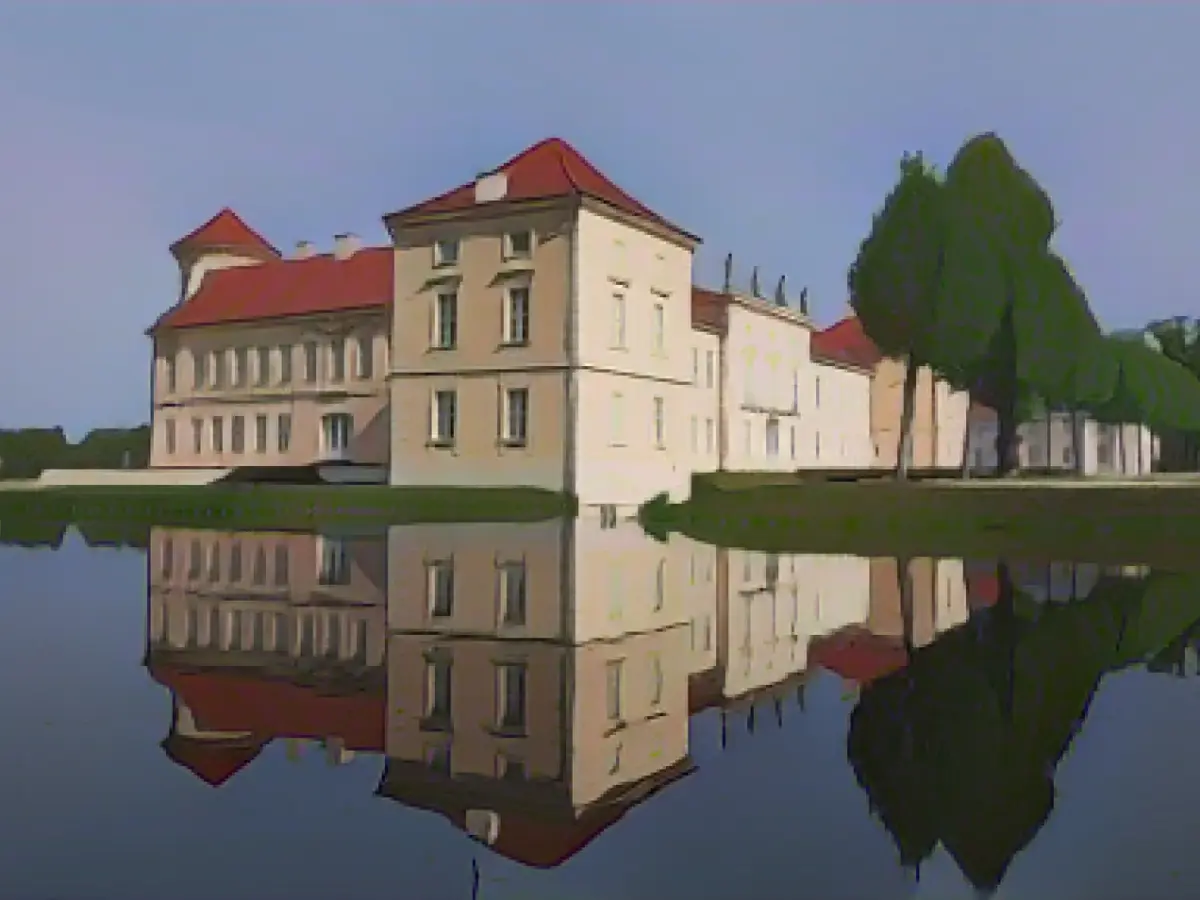Culture - "Style-defining to this day" - Bund fears for Tucholsky Museum
Minister of State for Culture Claudia Roth is concerned about the continued existence of the museum dedicated to the author and writer Kurt Tucholsky (1890-1935). "The Kurt Tucholsky Literature Museum in Rheinsberg is the only one of its kind in the world," Roth told the German Press Agency in Berlin. "It gives a very good insight into the impressive work of this extraordinary writer, journalist, essayist and intellectual, who is still influential today."
In October, the city council of the Brandenburg municipality decided to no longer fill the position of scientific director of the museum due to the budget situation. The position is to be absorbed into the management of the tourist information office. A decision on a possible takeover of the museum by the district of Ostprignitz-Ruppin is to be made this Monday.
"Kurt Tucholsky campaigned for a democratic society in the Weimar Republic with a sharp pen and a lot of biting humor," said Roth. "He courageously opposed nationalism, militarism and fascism. He was viciously attacked for this and was ultimately persecuted by the National Socialists and driven out of the country." In exile, Tucholsky took his own life.
"We urgently need to study his life and work, especially in these times," said the Green politician. He created a literary monument to the town of Rheinsberg. In "Rheinsberg: A Picture Book for Lovers", Tucholsky described the journey of a Berlin couple in love to the rural idyll in 1912.
Roth supports the district's plan to "secure the future of this museum, including the absolutely necessary scientific management". The city council should accept the offer and do everything it can "to ensure that this important site of German literary and intellectual history can be secured and well positioned for the future".
The city is facing a deficit of around 241,000 euros this year. The district wants to secure the museum, which is housed in Rheinsberg Castle, with a scientific director. The district council has offered to take over sponsorship of the museum on April 1. From the district's point of view, the museum has developed into a nationally recognized cultural institution since it opened in 1991.
Reference is made to more than 470 readings with Christa Wolf, Fritz J. Raddatz and Günter de Bruyn, for example. The approximately 8000 objects by Tucholsky and other authors have formed the basis for 165 exhibitions to date.
Kurt Tucholsky Literature Museum
Read also:
- A clan member is punished here
- Traffic lawyer warns: Don't talk to the police!
- Will he be convicted as Jutta's murderer after 37 years?
- He also wanted to kill his cousin
- The Federal Government, led by Minister of State for Culture Claudia Roth, is closely monitoring the situation of the Kurt Tucholsky Literature Museum located in the Brandenburg municipality of Rheinsberg.
- Due to financial constraints, the city council decided to discontinue the position of scientific director for the museum, a move that concerns Roth deeply.
- Roth emphasized the museum's unique status, as it is the only one dedicated to the distinguished German author and writer Kurt Tucholsky, who continues to influence literature and society.
- In an attempt to secure the museum's continued existence, the district of Ostprignitz-Ruppin plans to assume responsibility for its management from March 1.
- Tucholsky was a renowned critic of nationalsim, militarism, and fascism during the Weimar Republic, earning him harsh criticism and ultimately driving him into exile.
- The Green politician, Claudia Roth, believes that studying Tucholsky's life and work is crucial, especially in today's political climate, as he stood for a democratic society with his biting humor and sharp pen.
- The Kurt Tucholsky Literature Museum in Rheinsberg has become an internationally recognized cultural institution, boasting more than 470 readings with renowned authors and 165 exhibitions based on 8000 objects by Tucholsky and other writers.
- The district of Ostprignitz-Ruppin aims to preserve the museum's precious collection and position it as a leading site of German literary and intellectual history, which is valued both locally and nationally.
Source: www.stern.de








